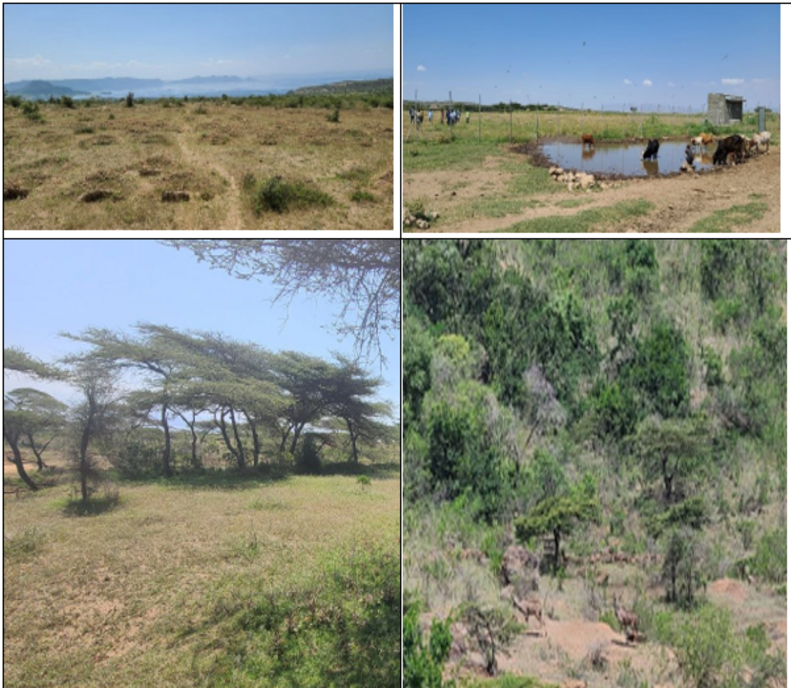Many initiatives on integrated water resources only show results in the long run. However, in Abijata Shalla, participants are already seeing improvements in a short time
Published on: 03/12/2022
The WASH SDG programme uses an integrated approach to ensure safe water supply, sanitation facilities, and good hygienic practices targeting areas of hard to reach, the poorest of poor, and people living in remote or slum areas.
One of the approaches implemented in Ethiopia is the restoration of Abijata Shalla catchment using a landscape approach implemented by Wetlands International. The approach aims to restore degraded land through area closure. This approach of Integrated Water Resources Management allows the regeneration of the flora and fauna and increases water availability for WASH services.
For this, Negelle Arsi woreda has granted 250 hectares of communal land in Gubeta Arjo kebele. It has also organised and licensed 285 (135 female and 150 male) jobless youth living in the catchment into community-based organisations to support the restoration and to also benefit from the job opportunity created. Wetlands International provides training, material, technical and financial support. The area closure is realised, and soil and water conservation structures are constructed to prevent soil erosion and enhance groundwater recharge. As a result, the local community and the youth expressed their happiness as they started harvesting the fruits of the intervention in a short period of time.
WASH SDG is a six-year (2017 – 2022) programme funded by the Ministry of Foreign Affairs (DGIS) of the Government of the Netherlands and implemented in seven countries.
Implementing partners in Ethiopia:
The programme is currently in the second implementation phase (phase II) which started in July 2020 and will continue until December 2022.

Pictures: Arjo Gubeta and Sinkile restoration areas [top left picture is new expansion area (before), top right water kiosk, bottom left and right after the intervention
Some of the short-term gains of long-term engagement are:
Community water supply through pipeline extension has also been constructed, and the local community believes the restoration work is a positive contribution towards the sustainability of their new water points.
Although this article successfully talks about short-term improvements, there are also a number of long-term effects - increasing resilience such as climate change impact mitigation, carbon credit, eco-tourism, and protecting national park encroachment, just to mention a few.